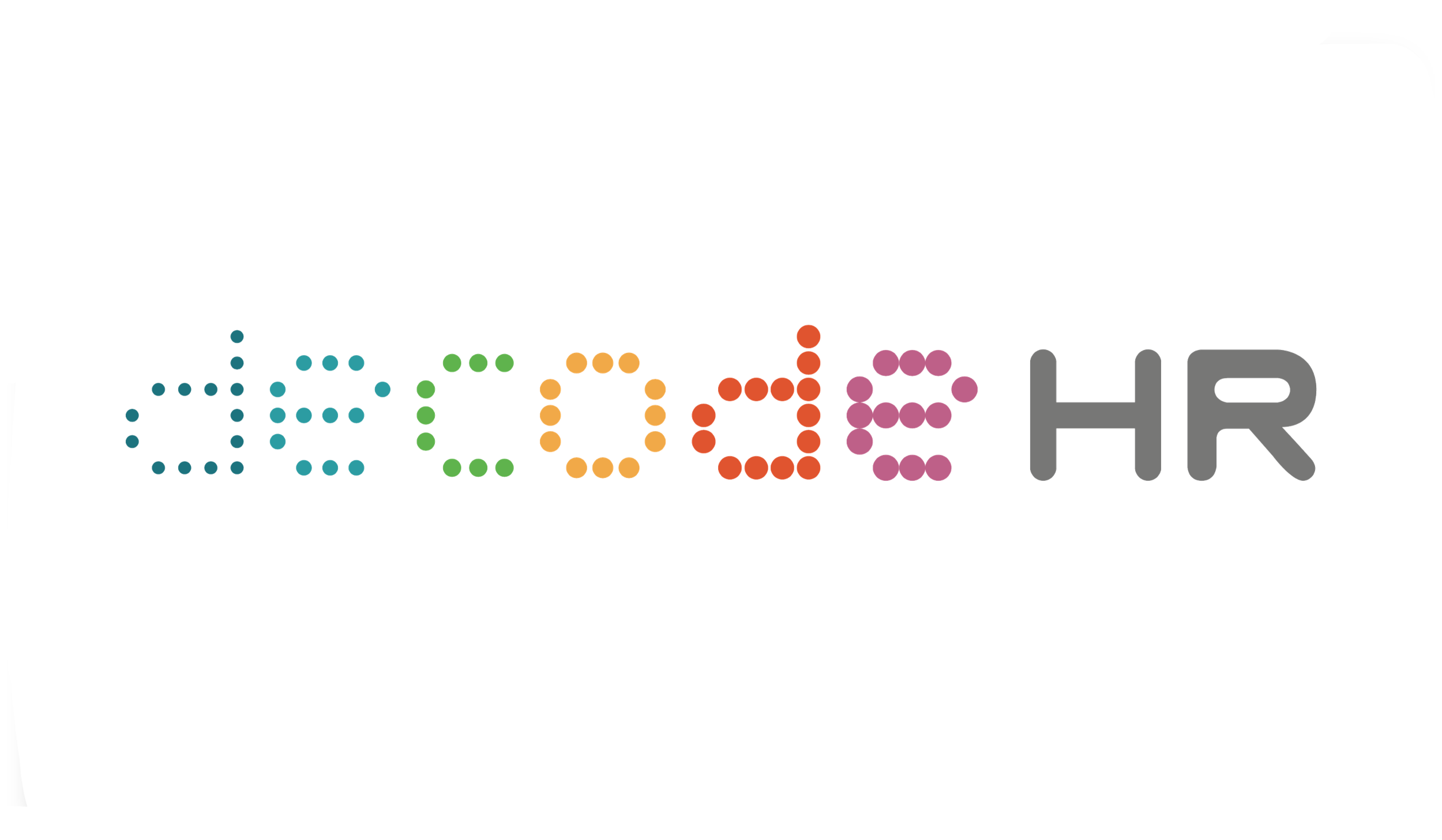How Technology Can Simplify the Compensation and Rewards Process
Reading time: 4 mins
The pandemic has made it necessary for organisations to have a strategic re-think about compensation and rewards. That includes deploying technology to simplify the process and maximise its impact.
Managing compensation and rewards is one of the most challenging aspects of being an HR professional, especially given the Covid-19 pandemic.
On an operational level, for businesses which have not embraced HR software, it can be an onerous manual process where HR folks are stuck poring over Excel or Google spreadsheets when they could be spending their time on more productive tasks.
On a strategic level, there is much more to think about given the pandemic. How do we determine the right pay and relevant perks which would help support employees to be at their best in the new work norm?
A 2021 Harvard Business Review article stated that in its survey of 500 business leaders, 98% of the respondents planned to newly offer or expand at least one employee benefit, prioritising the ones workers deem most essential, like child and senior care benefits, flexibility around when and where work gets done, and expanded mental health support.
In exchange for these essential benefits, 89% were deprioritising at least one type of employee benefit because of Covid-19 — most frequently on-site childcare, paid vacation days, commuter benefits, tuition reimbursement, and food or meals.
The complexity is exacerbated as it is more likely that employees would come from all over the world, with work-from-home and work-life balance arrangements thrown into the mix.
A Different Strategy
These demand a rethinking of the approach towards compensation and rewards.
HR consultant Jon Robinson, speaking in the 'Rewards Strategies for 2021 & Beyond' webinar jointly organised by DecodeHR’s tech arm dchr.tech and compensation management software provider Laserbeam, said that all companies should already have reviewed, or at least be in the process of reviewing their rewards programmes.
He said, “Every company coming out of Covid would need some sort of strategic rethink. Their market would have changed, customers would have different needs, products need to be adapted, finances may be severely damaged. To address that, their go-to-market strategies need to be reviewed.”
It is also critical that compensation and rewards management be addressed at a strategic level.
Said DecodeHR Managing Director Evelyn Chow, “In a total rewards strategy model, external influences including the state of the labour market, cultural norms, the economic and regulatory environment, are very important and we must be attuned to it. We also have to deep-dive into business and HR strategy, and the organisational culture – to ensure these converge and dovetail to drive effective talent acquisition and retention efforts.”
“Ultimately, what kind of environment do we want to put in place? What is the workforce strategy? Compensation and rewards management is critical in shaping these aspects.”
“Organisations also need to build flexibility into their compensation and rewards processes, so that we can respond to change quickly.”
This is where technology comes in.
Power of Technology in Compensation Management
Advances in predictive analytics and machine learning enable organisations to build accurate budget programmes which are flexible and more importantly, align with an organisation’s values and culture. In fact, how a company compensates and rewards its employees is a key contributor to culture.
Strategic decisions, like aligning variable pay to strategic goals, can be done more easily.
Technology can reduce the risk of human error or bias in a manual process and could potentially boost the productivity of HR staff who could work on more value-added tasks.
For Laserbeam, a compensation software provider, the goal is to provide a solution which is simple yet secure.
Naveen Veda, the founder of Laserbeam Software, offered a different perspective on why technology can make a huge difference: “Employees are highly informed about today’s compensation market, which gives them a greater capacity to bargain. Therefore, it’s more important than ever that HR and Compensation Committees should have a clear strategy when it comes to compensation planning to retain and attract top talent.”
Check out dchr.tech partners which offer compensation solutions:
ADDITIONAL RESOURCES ON COMPENSATION MANAGEMENT:
Creative Use of Finite Resources in a Recovering Economy
Rewards Strategies for 2021 and Beyond
Employee Radar: Measuring Success Beyond Performance Management







